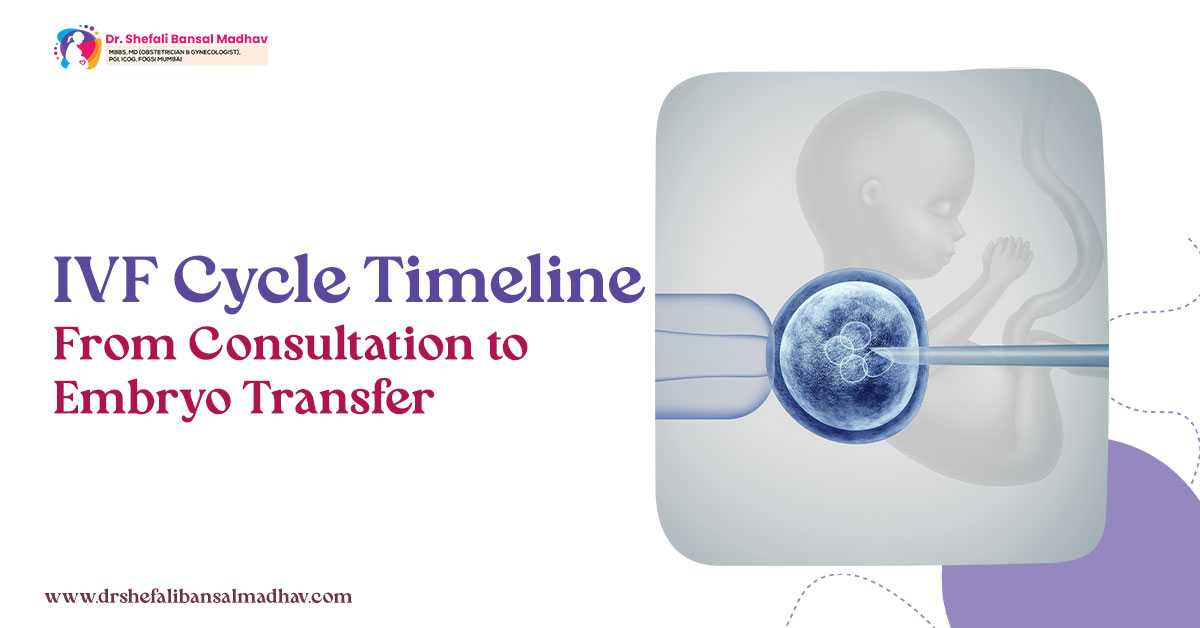Periods or menstruations are vaginal bleeding, which comes with the body shedding the lining of the uterus. A period comes monthly, preparing your body for gestation or pregnancy. While periods generally happen every 28 days, periods can arrive sooner or later. Its time range can be 24 to 38 days of your menstrual cycle.
Now, missing periods or erratic periods are abnormal vaginal bleeding patterns. This condition is common in 14-25% of women of childbearing age. There are many reasons why you have missed your periods for the last few months. You might consult the best IVF doctors in Siliguri for trouble conceiving due to menstrual irregularities.
Let’s Understand the four reasons for late periods
Experiencing late periods can be stressful, especially when you are unsure about the reasons for having such irregularities. This blog talks about the four common causes of late or skipped periods.
1. Too Much Stress
Stress is one of the culprits fordisturbed menstrual cycles. With excessive stress, your body produces higher levels of cortisol and endorphins. These stress hormonesinterrupt thehormonal balance necessary for a regular menstrual cycle.
How to Manage Stress: There are several stress-relief practicesto add to your daily routine. These may include yoga, meditation, deep breathing exercises, or engaging in activities you enjoy. If you feel these activities don’t help, ask for professional help (see a medical expert).
2. Weight Changes
Both weight loss and weight gain can disrupt your periods, causing temporary menstrual irregularities. Your body weight can impact the production of estrogen, while low body weight can cause a decrease in estrogen.Rapid weight loss or weight gain can cause absent menstrual cycles for months.
How to Manage Weight Changes: Consider a balanced diet and regular exercise to maintain an optimal healthy weight. If you're struggling with weight changes, consult a general physician to find out the reason. Next, you might visit a nutritionist for a personalized diet.
3. Polycystic Ovary Syndrome (PCOS)
PCOS is a common hormonal disorder and a common reason for ovulation disorder. This hormonal disorder affects women of reproductive age, responsible for irregular menstrual cyclesdue to the overproduction of androgens (male hormones). High levels of androgens in femalesdisturb ovulation, causing trouble conceiving.
How to ManagePCOS: If you have been diagnosed with PCOS, lifestyle changes will help you to the utmost. Treatment options for PCOS may include medications, surgery, IVF, etc. Talk to the top IVF doctors in Siliguri for infertility care.
4. Thyroid Disorders
The thyroid gland in your neck produces hormones that control your metabolism. Both hyperthyroidism (overactive thyroid) and hypothyroidism (underactive thyroid) can disrupt your monthly cycles. While your overactive thyroid can result in lighter or less frequent periods, an underactive thyroid can be responsible for heavier, more frequent periods or missing periods.
How to Manage: If you have been diagnosed with thyroid disorders, you might experience unexplained weight changes, fatigue, delayed periods, or changes in heart rate. Typically, medications, regular monitoring by a healthcare provider, and lifestyle modifications help manage thyroid disorders effectively.
Missing periods have a number of causes, such as pregnancy, tumors, malnutrition, kidney failure, pneumonia, or heart concerns. Consulting a doctor is essential for expert monitoring. If you are having trouble conceiving, see your IVF specialist in Siliguri to treat infertility issues.





